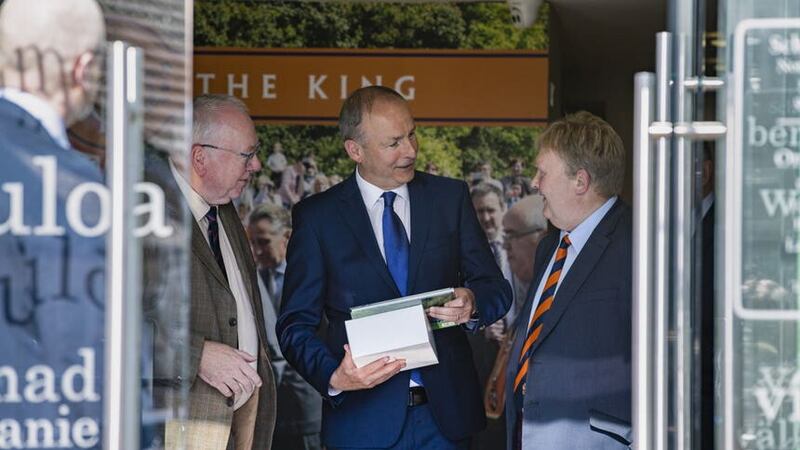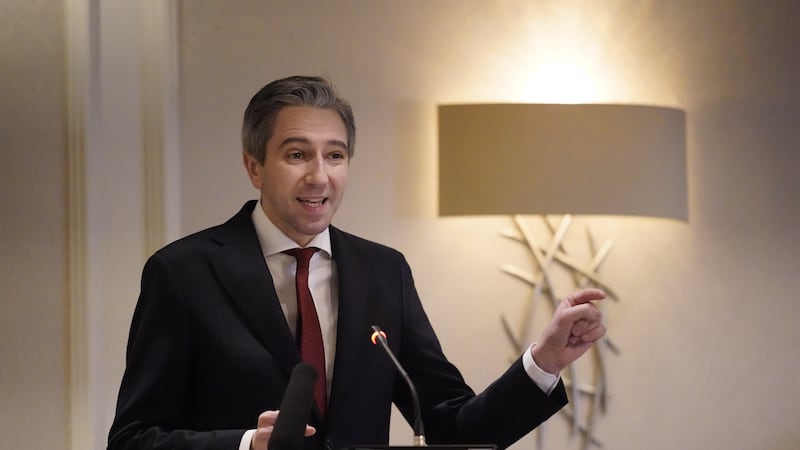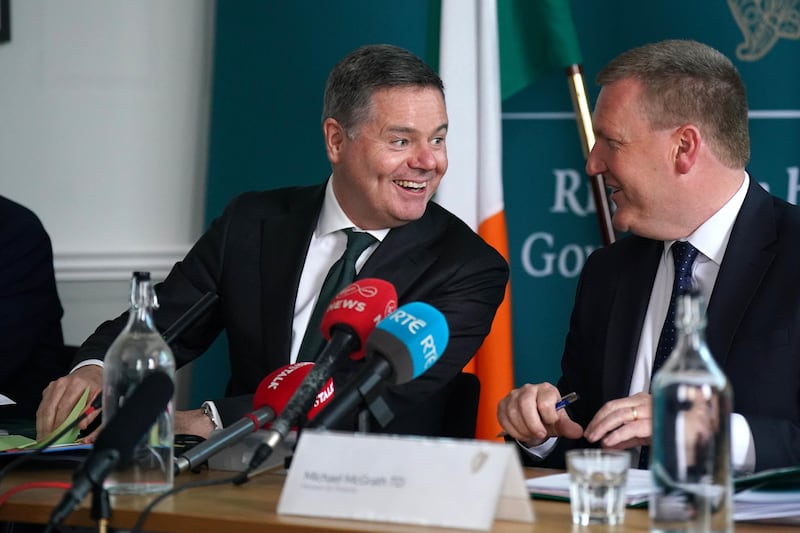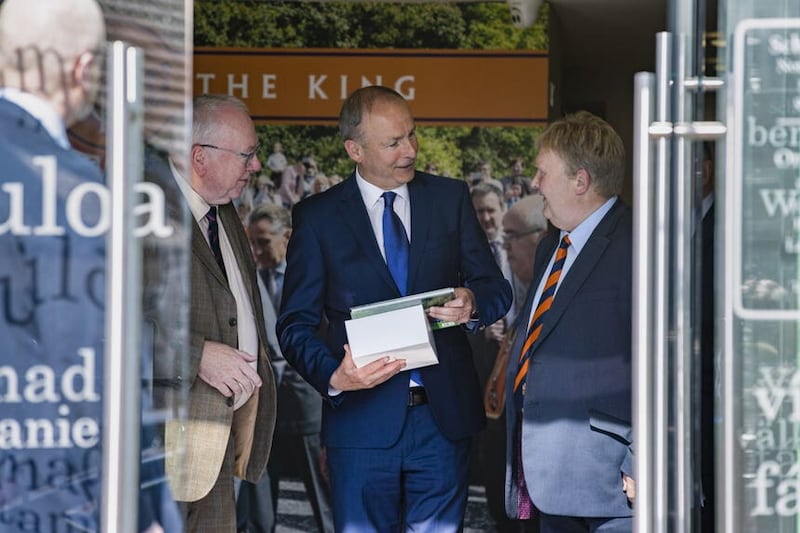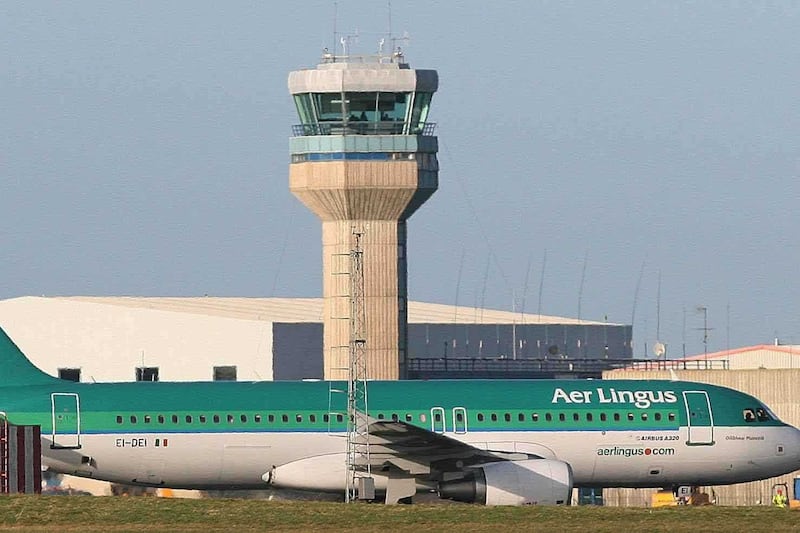Public finances are strong and the government is conscious of advice to watch inflation, the Tanaiste has said.
Micheal Martin was speaking after the Irish Fiscal Advisory Council said the Government must plan to manage windfalls and keep the public finances on track.
In a report analysing medium-term plans under the SPU, the Fiscal Council said the Government must plan to manage windfalls and keep the public finances on track.
Mr Martin responded saying the government is aware of challenges.
He described public finances as strong, adding that surpluses expected over the next number of years are of a one-off nature that will not occur in the future.
The Tanaiste said government is conscious of advice to watch inflation, but said that will be balanced against the need to alleviate pressure some are under due to the cost of living and in terms of access to services.
“There will be tax relief from the budget and there will be additional expenditure in terms of public services, but the precise details of all of that will have to be worked out by the government and the first step will be the summer economic statement that we will have in a number of weeks,” he said.
“We will also have dialogue with the social partners which will be important and we will hear what they have to say but we have a successful economy right now notwithstanding the huge challenges facing Europe and the world in terms of the war in Ukraine, in terms of the Covid pandemic, in terms of Brexit.”
Mr Martin said the Irish economy has so far proven to be resilient, but government is conscious that other markets they export into are going through choppy waters.
“We will be conscious that anything we do will be sustainable and also strategic in terms of investment in infrastructure, and also investment in the whole area around climate and sustainability there but also in terms of rail roads, and in terms of housing in particular that we continue to make sure we have capital reserves to do those kinds of things right into the long term,” he said.
Earlier Fiscal Council chairman Sebastian Barnes said Ireland needs to improve how it plans for the long term.
“We’re facing very big pressures, primarily coming from age and pension costs, also from climate change, the cost and implementation of Slaintecare and healthcare measures in general and from the possibility that we may want to increase defence spending at a time when many other countries are doing that as well.”
Unemployment rates are at record low levels and capacity constraints have emerged as a significant challenge.
“Workers are scarce, particularly in construction, and there are risks that wage and rent pressures persist,” the council said.
The Government expects the underlying deficit, excluding excess corporation tax receipts, to narrow to 0.6% of GNI* this year.
Modified gross national income (GNI*) is a metric which attempts to give a better view of the Irish domestic economy by removing some multinational activity, as compared with the standard metric of gross domestic product (GDP) which is the value of goods and services produced in a country.
In 2024, the Government projects it will run its first underlying surplus in 17 years on this basis under the National Spending Rule.
The rule effectively seeks to limit permanent expenditure increases by the estimated sustainable nominal growth rate of the economy, at 5% per year.
The net debt-to-GNI* ratio would decline by 23 percentage points between end-2022 and end-2026 (from 69% to 46%) with windfall corporation tax receipts projected to account for about two-thirds of this fall.
The Fiscal Council, an independent body established to assess and evaluate Ireland’s fiscal policy, highlighted several methodological shortcomings in the Government’s SPU.
It pointed to no provision beyond this year for Ukrainian refugees and the Mica redress scheme, while the costs of the auto-enrolment retirement savings system and the Christmas bonus are not factored into its projections.
It added that the PSRI receipt forecasts are out of date.
However, it said the key issue is that public finances are being boosted by an exceptional but unreliable inflow of corporation tax receipts from foreign multinationals.
Just three corporate groups accounted for 30% of receipts from 2017 to 2021.
The council said: “There is a risk this could reverse due to firm-specific factors or changes in the international tax environment.
“Moreover, when these receipts are spent, they inject money into the economy and add to demand as they are based on overseas profits rather than domestic activity.”
In addition, there are long-term challenges in relation to climate change and an ageing population, it said.
The council was critical that the Government’s fiscal forecasts end in 2026, which is the minimum required by the rules.
It recommended that the Government should stick to the National Spending Rule in 2024 to avoid overheating the economy or increasing reliance on unreliable tax receipts.
The council said choices will need to be made between new tax and spending measures and existing spending as “stand-still” costs of maintaining existing policies and investment plans fully use fiscal space under the rule.
It said: “Long-term planning needs to improve, including developing more credible plans to manage ageing pressures in health and pensions and climate-related costs.
“These are not adequately reflected in the current fiscal projections.”
Mr Barnes said the Government should follow the National Spending Rule to avoid repeating past mistakes.
To go beyond the spending rule would mean using temporary revenues and corporation tax windfalls to finance permanent spending and risks fuelling further inflationary increases.
The council warned that with capacity constraints, scope to raise investment may be limited.
“The proposed new Long-Term Savings Fund could play a key role in saving corporation tax windfalls and supporting the sustainability of the pension system in the future,” Mr Barnes said.
